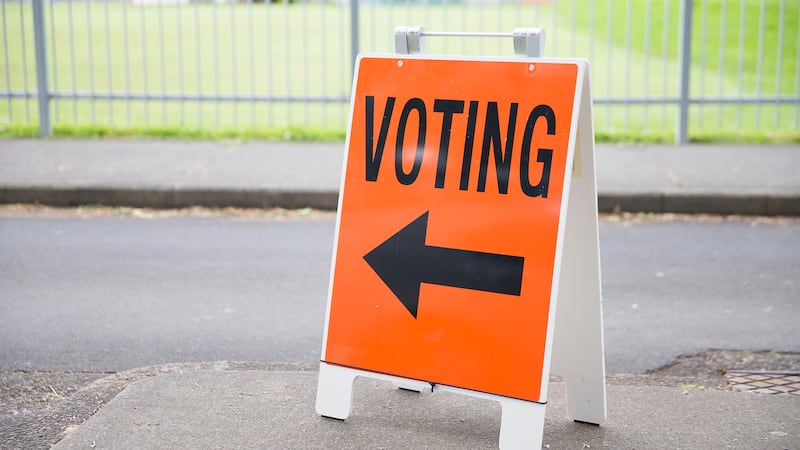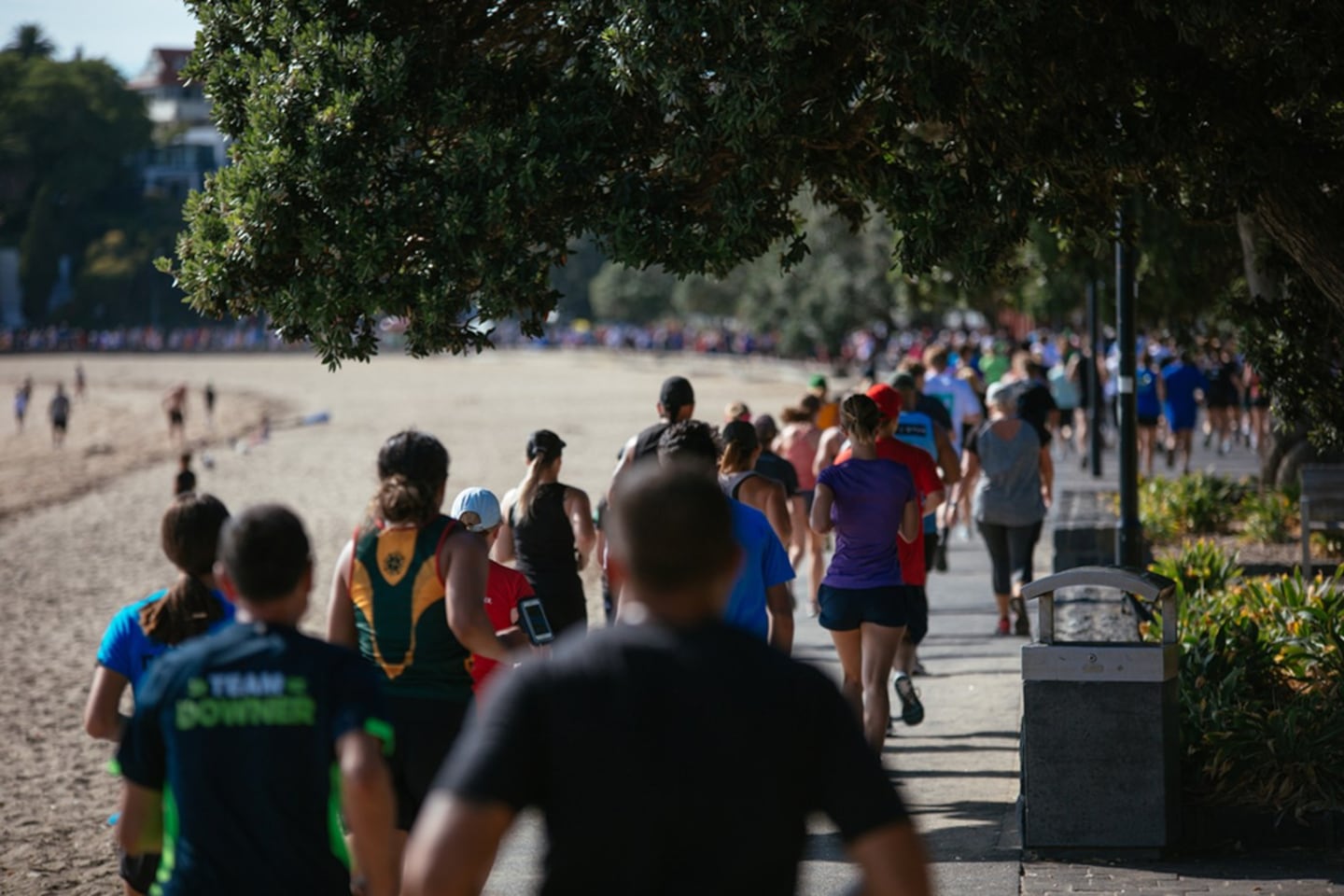Auckland needs more diverse voices at the council table. Otherwise, young Pasifika will continue to feel invisible, says Manukau Ward Councillor Lotu Fuli as nominations open for the city’s 2025 local elections.
“It’s true there is still a lack of representation and diversity in politics. We’ve improved, sure, but when we only got our first wahine Māori councillor for our Super City in 2022 and only three Pasifika, that’s proof we’ve still got a lot of work to do,” she says.
“So if Pasifika generally are underrepresented, then of course young Pasifika feel invisible in our city and country’s leadership.
“Right now, in Government, there are no Pasifika at all. But I do want to say that those of us who are there have made sure to support Youth Councils and youth spaces where all youth, including Pasifika youth, can feel safe, develop and lead, for example, TOPS in my ward.”
New data supports her claims. Local Government New Zealand’s (LGNZ) 2025 elections guide shows that Māori representation on councils rose to 21.6 per cent in 2022, but Pacific representation remains much lower and mostly clustered in Auckland. The average age of elected members is around 55, indicating how rare youth voices are in political leadership.
The low number of candidates is part of the issue. Uncontested seats remain common, especially on local and community boards, which means that communities miss out on choice and voter turnout declines. LGNZ states that a lack of competition weakens local democracy, as research shows that the higher the number of candidates who stand for election, the higher the voter turnout.
At the last local elections, nationwide voter turnout was just 42 per cent, with bigger metropolitan centres like Auckland lagging behind. Studies show that voters are more likely to participate when they see themselves reflected in the candidates.
Susan Freeman-Greene, LGNZ’s Chief Executive, says a healthy democracy depends on people stepping up to represent their communities.
“This year, we’ll have 1465 seats available across 66 councils, including 66 mayoral seats and 683 community board seats. There will also be 127 seats up for election across the 11 regional councils,” she says.
“At the last local election, we had 3119 people standing across 1607 seats across the country; that’s almost two people for every seat. Seven mayors were elected unopposed, while 40 per cent of members were elected for the first time.
“Obviously, we’d like more candidates to stand, because evidence tells us that the more candidates contest a seat, the higher the voter turnout will be. Ultimately, we want more New Zealanders heading to the polls to have their say; the 42 per cent voter turnout at the 2022 local elections was not good enough.”
Freeman-Greene adds that elected members come from various backgrounds.“Being an elected member is an important and public role. There’s no question it’s demanding, but it’s also very rewarding. Every day, councils make important decisions that affect future generations, from infrastructure investment like roads, bridges and pipes to climate resilience,” she says.Lou-Ann Ballantyne, Auckland Council’s Governance and Engagement General Manager, encourages Aucklanders to get involved.
She says there are 172 seats to be contested, which includes 21 local boards consisting of five to 11 members, 20 ward councillors, and the mayor.
“It’s time for Aucklanders to step up for their whānau and fellow community members, complete the paperwork and let voters know more about them,” she says.
“It really does take a village to lead Tāmaki Makaurau. Ideally, a good range of candidates who reflect Auckland’s diverse population would help improve voter turnout. Research tells us voters are more likely to participate if they can relate to or identify with candidates.”
Nominations are now open until midday on Friday, 1 August. For the first time, candidates can submit their nominations online or pick up hard copies from selected Auckland Council libraries, Election Services, or download them from VoteAuckland.

To stand for election, candidates must be New Zealand citizens, aged 18 or older, and enrolled to vote. Two voters registered in the area that the candidate wants to represent must sign the nomination form. A $200 deposit is required, which will be refunded if the candidate receives more than 25 per cent of the votes obtained by the lowest successful candidate. LGNZ’s free 2025 Candidate’s Guide and its Ākona online learning platform are available to help candidates in their preparation.
Key election dates:
- Nominations close at midday on Friday, 1 August.
- Nomination forms must be submitted online or in hard copy at the Electoral Office located at 167 Victoria Street West, Auckland Central, or at selected libraries before closing time.
- The preliminary list of candidates will be announced on the evening of Friday, 1 August, with the final confirmed list released on Monday, 4 August.
- Candidate profiles will be published on VoteAuckland from Monday, 1 September. Voting opens on Tuesday, 9 September.
Fuli says the work of changing local democracy starts with more people putting up their hands because when communities see themselves around the table, they know local democracy belongs to them, too.




